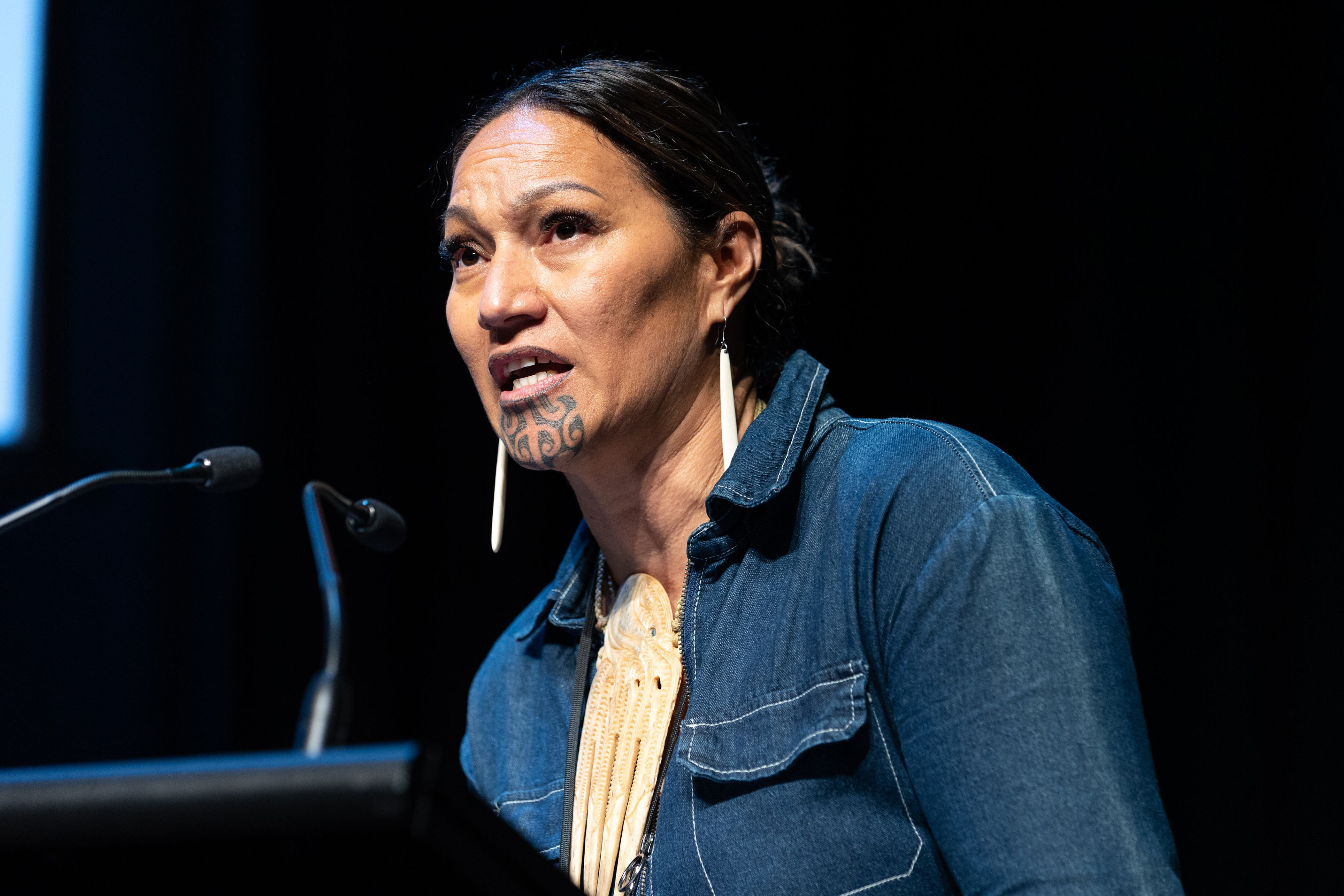
NORTHLAND EDUCATION LEADERS WORRY FOR FUTURE OF PUBLIC EDUCATION AS CHARTER SCHOOLS CONSIDERED
Legislation to bring back charter schools has left education leaders concerned for the future of public education in Northland.
Public education representatives believe the Government not being forthcoming about what the schools’ return means, is a sign of what’s to come.
However, Associate Education Minister David Seymour said they have regularly provided updates and that the real issue was that charter schools don’t fit the narrative of unions.
The 2024 budget allocated $153m for up to 50 charter schools - 35 converted from state and 15 new.
It is not yet known where charter schools in Northland will be - although Seymour said applications will open in August.
The Education and Training Amendment Act was introduced to Parliament earlier than expected, according to NZEI Te Riu Roa, and will allow underperforming state schools to convert to charter schools.
The Post Primary Teachers’ (PPTA) Association president Chris Abercrombie said the act contained “unpleasant details” about the plans.
The legislation proposes that public schools that convert to charter are forcing teachers to either transfer or resign, he said.
The PPTA Te Wehengarua Māori vice-president and teacher at Tikipunga High School, Te Aomihia Taua-Glassie, said days prior that despite common knowledge that there had been meetings with various schools, there had been little consultation with local communities about the initiative.
“The Government is spending $153 million of taxpayers’ money on charter schools. The public - particularly parents and whānau of school-aged children – deserve to know how that money is going to be spent, and what the implications are for their local schools.”
Seymour said the money ensured there were more options for children to succeed, “and that is what charter schools will have the freedom to do”.
But Taua-Glassie questioned why the charter school model was required when the country already has an “innovative and flexible” education system, with the existence of religious schools, sporting academies and kura kaupapa Māori.
However, Seymour encouraged people to submit their opinions on the bill and said he had ensured there were “robust processes for community consultation” for schools wishing to convert.
“I think communities would support a failing state school converting to become a charter because they see benefits for their children.
They might see new management with greater flexibility delivering for their students in a way that the previous school leadership hadn’t thought of, couldn’t, or wouldn’t do.”
“What is disappointing is seeing education unions spreading misinformation in attempts to confuse the public,” he said.
Taua-Glassie was concerned introducing charter schools would open the door to running schools for profit as in the US and the UK.
“They can cut costs on staffing and they can choose their students – they don’t need to accept students with special needs, for instance, as they would be more costly.
Charter schools are about opening the door to privatisation of our school system.”
“When charter schools were abolished in 2018, all of the existing charter schools, except for one, were reintegrated successfully back into the state school system.
Charter schools are a purely political and ideological obsession that is being funded from public money. This money - $153 million - could be put to far better use in our existing local schools.”
Seymour said the “sole purpose” of charter schools is to lift educational outcomes, something he believed was proven to do globally for young people not responding to state schooling.
“It is sadly predictable to see the unions criticise charter schools because they will lose their membership fees and their grip on the sector, I say to them it’s time they put the students at the heart of education.”
But Kaeo School principal Paul Barker said the integration of charter schools seemed counter-productive at a time when state schools were experiencing mandates.
He also said it was a worry the Government was prepared to put untrained teachers in front of some of the most “vulnerable kids in our system”.
Barker was of the firm belief that charter schools were part of an “anti-state” agenda.
“The unions have worked for many years to hold the Government to account, to make sure that they don’t do things that are detrimental to kids,” he said.
Barker said the comment from Seymour about unions losing their grip on the sector spelt a “brief period of honesty” from the minister.
“NZEI’s principal concerns around charter schools will be about ensuring the quality of our public system. If unions get broken, it’s the quality of the state schooling [system that] gets broken.”
Brodie Stone is an education and general news reporter at the Advocate. Brodie has spent most of her life in Whangārei and is passionate about delving into issues that matter to Northlanders and beyond.
2024-07-03T01:20:36Z dg43tfdfdgfd